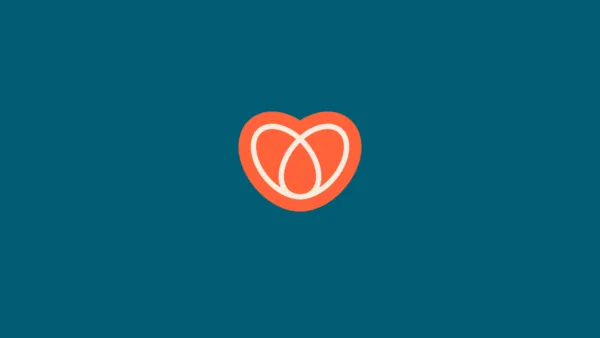When I finally signed up for fertility treatment, after years of dealing with infertility alone I was naïve in thinking there would be little more to it than injections and staying on top of bikini wax appointments! I was soon to discover that I was wrong, there is definitely a lot more to it than that. Somehow though, with the support of the staff at the clinic and access to the resources you need to assist you along the way - you are not alone anymore and that is the best feeling of all.
IVF is often referred to as a ‘journey’ and for many of us this journey begins some time before getting up the courage to make an appointment with a fertility clinic. Looking back on my own journey, this seems crazy to me now as in reality the hardest part can be those months or years prior to seeking professional help. Dealing with the grief and despair of not becoming pregnant on your own can be a lonely place. It’s all too easy to put off seeking professional help, even when you have that ‘feeling’ that something isn’t quite right. You can be forgiven for taking your time though, as its one topic that everyone seems to have an ‘expert’ opinion on. You have probably heard most of the good advice out there… ‘you need to relax’; ‘go on holiday / get a new job’; ‘do a headstand after sex’ and probably the best one of all ‘you must be doing something wrong...!’
With all this advice, it’s easy to start to believe it - I went on for years believing that if I just relaxed more, tried a less stressful job or stood on my head after sex I would eventually get pregnant. I even consulted a Psychic for fertility advice!
It’s also very tempting to turn to the internet for guidance on what to do next. Unfortunately, the answers you might get back online are often from ladies who have taken to sharing their own journeys and offering their ‘unprofessional’ advice to others. Whilst this can be useful in some respects there are so many unhelpful accounts of personal experiences that could scare anyone off before even stepping foot inside the fertility clinic. A lot of the group forums are overseas and the experiences for each person will vary from clinic to clinic, let alone country to country. People are not going to stop searching the internet seeking answers, but if you are really worried or concerned, consulting a professional to answer your questions and put your mind at rest is a good idea - the best news is, they are medically qualified to help you.
After finally making an appointment with Fertility Associates and getting to know some of the amazing staff, I myself felt like a weight had been lifted. Yes, you may sometimes feel pushed to the limit emotionally and there are tests you might have to have with complicated sounding names, procedures and potentially some needles, but it’s all perfectly bearable... … and yes, you do get used to taking your knickers off… a lot!
I wrote this piece to encourage any ladies out there who are worried about taking that first step and making an appointment with the fertility clinic. This may be because of what you have read online or heard from others. You never know what the outcome of your initial appointment might be and you may very well be on your way to having a child of your own sooner than you think.
I’m a success story, not in the fact that I have had a baby yet or am pregnant right now, but because I feel positive about the future and the options available. The staff at Fertility Associates have given me the hope and support I need to carry on with this journey and I don’t feel alone any longer.






